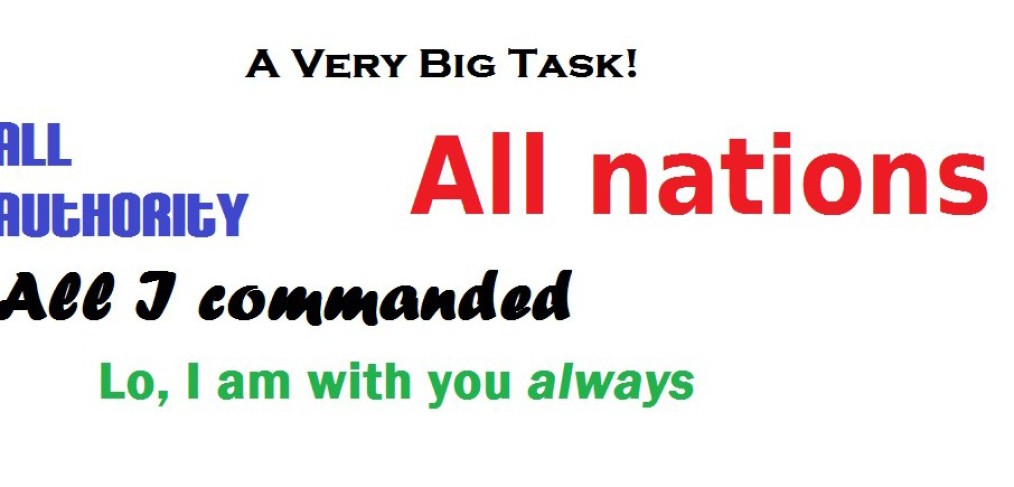What shall I do when I am in the fire? How do I prepare for those times of sexual temptation that are so compelling, so magnetic, and so seductive that I feel my strength ebbing away and my will to resist melting like a spoonful of butter in a frying pan? How can I endure? Where is the way of escape (1 Cor. 10:13)?
God has granted only one offensive weapon in the Christian’s armor; it is the sword of the Spirit, the Word of God (Eph. 6:17). The other weapons enable me to resist the blows of Satan and his gang, but only the sword of the Word of God is given to me so I may hack and hew my way out of the spiritual combat.
But how do I wield this sword, the Word of God? Surely not by glibly reciting the words of the Bible as if they were a magical incantation. Rather it is by meditating upon portions of Scripture relevant to the particular temptations at hand and allowing their nutrients to soak into my spiritual bloodstream so that I will be strong for these intense spiritual conflicts. As my mind dwells on spiritual realities, I find that earthly attractions and their seducing power grow dimmer. As I think on eternal truth, the lies of Satan’s proffered pleasures are exposed. As I contemplate the warnings and promises of my Savior, my desire to please Him and my motivation to holiness surges stronger.
So we will blog occasionally on the topic “Meditations toward Purity,” offering thoughts on various Scripture texts that, when meditated upon, should help us all in our fight for purity.
Q. How can a young man keep his way pure (Psalm 119:9)?
A. By keeping it according to your word.
Purity is the issue. What is purity? It is sexual purity. An absence of moral defilement, whether in action, word or thought. This is the challenge, of course. Just one dead fly in my glass of milk defiles it. I will toss the milk out and pour a new glass of milk because of that one little dead fly. So with sexual purity, God is looking for purity, a total absence of defiling actions, thoughts and motives.
Young men are the focus. The Psalmist asks this question on behalf of young men, for who more than young men feel violent desires propelling them toward immoral thoughts, words and actions? How can a young man successfully battle these raging impulses?
Keeping pure is the name of the game. The writer emphasizes keeping pure, stating it twice in the passage. It is one thing to respond to a crisis, when my sin gets me in trouble, by turning away from sin and living clean for a while. A screaming conscience, the shame of being exposed, and the consequent guilt secrete spiritual adrenaline and accelerate my pace of fighting impurity. But keeping it up for the long term? Not so easy. Yet that is exactly what is in view in this verse. How can a young man keep pure, for the long run?
The Word of God is the key. “According to Your Word.” In fact, the Word of God provides the template, the model, the prescription, and the blueprint for a life of purity.
- What does purity look like? A simplistic “Thou shalt not,” true as it is, does not tell me all I need to know. What does purity mean? How do I live it out in various situations and seasons of life? What are the attitudes, behaviors and habits that are the necessary building blocks of purity? The Bible tells me.
- How will I recognize impurity? The culture, my flesh, and the father of lies team up to provide a thousand disguises for sin to masquerade as something quite acceptable. Plus I always tend to believe the best about myself. The Bible shines a light where I have trouble seeing clearly (Hebrews 4:12) so that I can distinguish right from wrong, good from bad, and sin from righteousness.
- How can I learn to walk in purity? The Bible tells me stories and gives me examples of victories and defeats and struggles and growth in the battle for purity. The gospel gives me hope and the new beginnings of forgiveness of sin through Jesus. The Holy Spirit uses the Word that He Himself wrote to help me when I falter and to strengthen me where I am weak.
Lord, I acknowledge my sins of impurity. I have sinned against You, first of all and most of all, in my sexual sins. I acknowledge my weakness, my tragic inability to keep my ways pure on my own. I need You, Your Word, and Your Spirit to change me and to purify me. But I hear Your promise of forgiveness in the gospel, and I believe in Your power and faithfulness, and I will meditate on Your Word.



